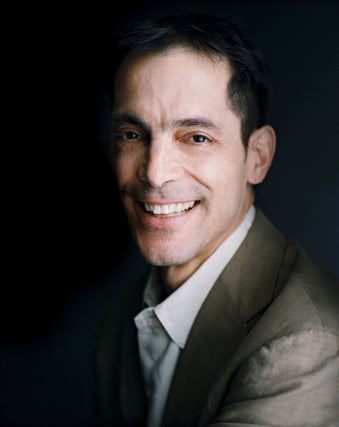Please log in or
create a free account
to purchase your course.
This course examines the rich tradition of protest
literature in the United States from the American
Revolution to the present. The primary focus is on
three enduring strands of protest: civil rights
(beginning with antislavery); women’s rights; and
workers’ rights. Using a broad definition of protest
literature, it pays particular attention to the
cultural production and consumption of dissent as a
powerful voice of both individuals and movements.
Throughout this course, you will examine a wide range
of print, visual, and oral forms of dissent, and
explore how various expressions of dissent function as
political, ideological, rhetorical, aesthetic, and
performative texts within specific contexts.
COURSE CONTENT:
- Twelve seminar sessions led by
Professor John Stauffer
- Primary source readings that
supplement Professor Stauffer's seminars
- A certificate of completion for
15 hours of professional development
credit
Readings: The optional readings for each seminar session are
listed in the “Resources” tab on the course page.
Please note that you are not required to read or
purchase any print materials. Quizzes are based on the
content of the seminar recordings rather than the
readings.
Course Access:
After your purchase, you may access your course by signing into the Gilder Lehrman website and clicking on the My Courses link, which can be found under My Account in the navigation menu.
Questions?
Please view our
FAQs
or email
selfpacedcourses@gilderlehrman.org.
 LEAD SCHOLAR: John Stauffer
LEAD SCHOLAR: John Stauffer
John Stauffer is the Sumner R. and Marshall S.
Kates Professor of English and of African and African
American Studies at Harvard University. He is the
author or editor of 20 books and over 100 articles,
which focus primarily on antislavery, social protest,
or photography.
Giants: The Parallel Lives of Frederick Douglass
and Abraham Lincoln
was a national bestseller.
The Black Hearts of Men
was the co-winner of the Frederick Douglass Book Prize
and the Lincoln Prize 2nd Place winner.
Picturing Frederick Douglass
was a Lincoln Prize finalist. His essays and reviews
have appeared in
Time, the
Wall Street Journal, the
New York Times, the
Washington Post,
Huffington Post, and in scholarly journals and books. He has been on
national radio and TV, including The Diane Rehm Show,
Fresh Air, and Book TV. He has served as a consultant
for several films and exhibitions, including
Django Unchained,
The Free State of Jones,
The Abolitionists, and
WAR/PHOTOGRAPHY. And he has been a speaker and scholar for the US
State Department’s International Information Program.
He lives in Cambridge with his wife, Deborah
Cunningham, and their two sons, Erik and Nicholas.